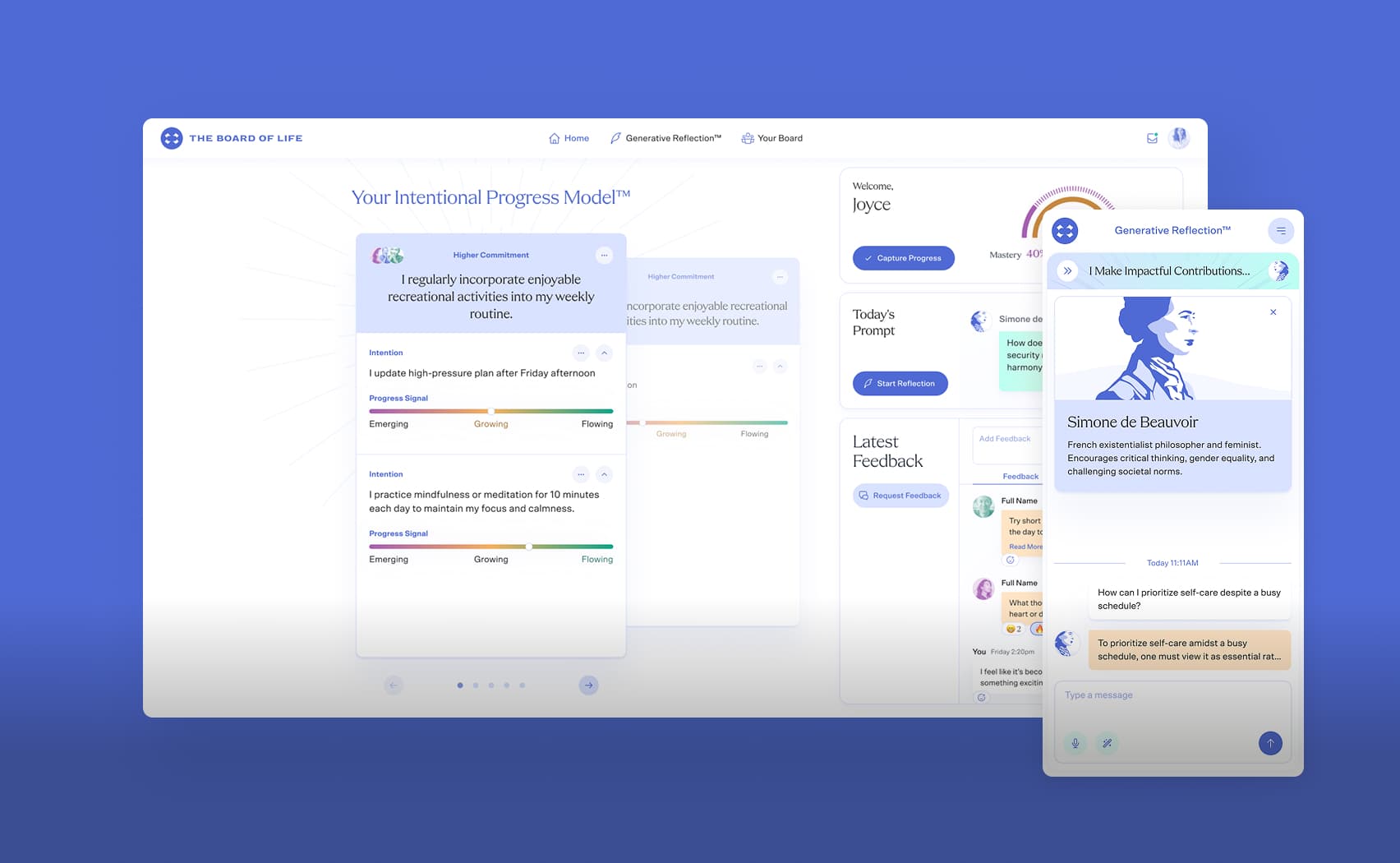JetRockets' Paradox: Micromanagement That Saves Projects (Not Kills Them)
"Micromanagement" – what associations come to mind when you hear this word? Anxiety-inducing one-on-ones? A project manager breathing down your neck? "Five-minute" calls that drag on for an hour?
Today, this term often evokes negativity, especially in the IT sphere, where autonomy, maturity, and trust are valued. It's believed that a well-planned project runs without excessive control – and this is certainly logical. But there are things that are not always easy to admit, even to oneself. For example:
at JetRockets, we do use micromanagement
And sometimes it turns out to be the best solution for the team and our partners. Not because we want to control everything, but because in certain situations, micromanagement isn’t about control — it’s about care. It’s about attention to detail and a deep sense of responsibility for the outcome, ensuring high-quality software for our non-tech partners.
In this post, we want to show a different side of micromanagement — one that rarely gets mentioned in blogs, but often helps save real projects, whether it’s software development for startups or supporting long-standing projects.
Test Yourself: Are You a Micromanager?
Here's a little brain teaser and a chance to take a peek into your own management decisions. Imagine the following situations:
Situation #1. You're launching a new, ambitious project with a team that includes several newcomers who don't yet fully grasp the specifics of the domain. Do you:
A) Give them complete freedom because "they're professionals."
B) Conduct detailed briefings, check interim results more frequently, and provide comprehensive feedback.
Situation #2. The release of a critical module, on which the success of the entire project depends, is approaching. You start to notice early warning signs from one of the sub-teams. Do you:
A) Trust their expertise and hope things will sort themselves out.
B) Actively get involved in the process, ask for more frequent status updates, and offer assistance in resolving issues.
Situation #3. You have an experienced developer who always writes high-quality code, but lately, they've started delivering tasks late. Do you:
A) Pretend nothing is happening because "we're all human" and "it'll be fine."
B) Discuss the reasons for the delays with them, analyze the current tasks in detail to identify potential blockers.
If you chose option B at least once — congratulations! You’ve got the makings of a healthy micromanager.
When Micromanagement is a Must-Have (JetRockets' Experience)
At JetRockets, we firmly believe that flexibility in management is key to success. Sometimes this means granting more autonomy, but there are situations where closer oversight becomes not an obstacle, but a guarantee of a high-quality result. Here are a few examples from our experience:
-
New Employee – Support from the Start
Remember your first days at a new job? How daunting it is to make mistakes when you don't know all the nuances. At JetRockets, we understand this and provide every newcomer with a clear onboarding plan that includes theoretical and practical components. A new employee is assigned a mentor who supports them throughout the entire adaptation process. The PM and team lead are also actively involved for regular feedback sessions and project immersion. This approach helps the newcomer quickly integrate into the process, and micromanagement in this case becomes a tool of care and attention. -
Shift in Priorities – Rapid Adaptation to Business Needs
Our Partners’ business needs are rarely static. And it is normal. When priorities change, we react promptly, helping the team redistribute tasks without compromising quality. Clear explanation of the changes and collaborative discussion of processes allows everyone to quickly switch to new goals, a key aspect of our agile software development. -
New Technology/Stack – Control for a Confident Start
Introducing a new tech stack or technology always involves risks. It's crucial to carefully control the process at the outset to avoid future errors. This is particularly true for projects involving Ruby on Rails and other cutting-edge technologies. At JetRockets, we take such changes seriously, so thorough monitoring at key stages is our investment in the success of the team and the partner. -
High-Risk Task – Partner Trust at Stake
For business software solutions, ensuring that high-risk tasks are on track is vital for maintaining partner confidence. We don't just delegate; we actively participate in the process, carefully tracking progress at each stage of task development to quickly respond to any potential issues. -
Multiple Tasks – Order in a Large Project
In large projects with many interconnected tasks, micromanagement helps us maintain a clear structure, distribute workload, and control priorities. Regular updates for our non-tech partners ensure transparency and understanding of the overall picture for everyone, avoiding unnecessary assumptions and miscommunication.
And these are just a few examples. In real life, the nuances are far more complex — but in many of them, a thoughtful micromanagement approach makes all the difference, contributing to proactive software project management.
JetRockets Stands for Healthy Micromanagement
You all know what micromanagement is, and chances are, many of you have encountered it. We won't waste time on a formal definition. Instead, we'll share 5 key principles of a healthy approach that helps our team achieve great results in collaboration with our partners, without turning work into a never-ending control loop.
- Transparency: The team should always understand why closer oversight is being applied at a certain stage. At JetRockets, we always openly explain our motives and expectations to avoid misunderstandings and strengthen trust, which is the foundation of effective teamwork.
- Temporality: In our understanding, micromanagement isn't a permanent working style, but a situational measure. Once the project situation stabilizes, a new employee adapts, or a task enters a predictable flow, we revert to a more delegative approach, providing greater autonomy.
- Focus on Results, Not Process: Even with closer monitoring, our priority is the end results. We track key milestones and progress, but we don't aim to regulate every single step. At JetRockets, we believe that the path to success consists of consistent, even if small, steps.
- Support and Training: Micromanagement, for us, is also a tool for mentorship and team development. Rather than just pointing out what’s wrong, we guide, provide constructive feedback, and help teammates grow professionally. It’s about improving performance and building confidence.
- Flexibility and Situational Approach: We believe that every case is unique. Micromanagement shouldn't be a rigid standard for all projects, tasks or employees. It's important to consider the specifics of the situation, the experience and needs of each team member, adapting the approach to achieve the best outcome. This flexibility is what makes JetRockets a trusted innovation partner, always ready to solve technical challenges.
Instead of a Conclusion
Don't be afraid to occasionally take a deeper look "under the hood" of a project if the situation calls for it. At JetRockets, we're convinced that micromanagement isn't black and white, but rather a spectrum of gray. And when applied correctly, this "gray" can shine with the bright colors of success, strengthening trust both within the team and in relationships with partners.
Where, in your opinion, is the fine line between effective control and what starts to "crush" initiative within your team? Share your thoughts!



